MEET OUR CODE_N CONTEST FINALISTS 2018: Renumics from Germany
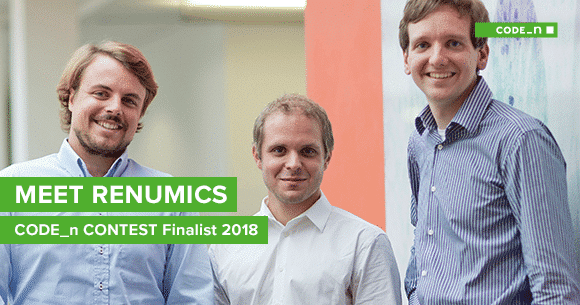 Artificial intelligence will fundamentally change how engineering tools work – it will shorten product development cycles and unlock new revenue streams. We’re excited to introduce you to a startup that empowers engineers to leverage their field of business with the help of a unique set of deep neural networks to create automated tools and services. Don’t miss the chance to meet Renumics in person at their booth at the new.New Festival 2018 and learn more about their novel software solution. But first: discover the story behind the startup competing in the field of „Machine Intelligence” in this years’ CONTEST in our interview with CEO Stefan Suwelack!
Artificial intelligence will fundamentally change how engineering tools work – it will shorten product development cycles and unlock new revenue streams. We’re excited to introduce you to a startup that empowers engineers to leverage their field of business with the help of a unique set of deep neural networks to create automated tools and services. Don’t miss the chance to meet Renumics in person at their booth at the new.New Festival 2018 and learn more about their novel software solution. But first: discover the story behind the startup competing in the field of „Machine Intelligence” in this years’ CONTEST in our interview with CEO Stefan Suwelack!
Lisa: Hi Stefan, what is Renumics all about? What are you trying to solve?
Stefan: From energy-efficient fridges to electric vehicles and flying cars: Great engineers need great engineering software to work creatively and efficiently. For example by using simulation technology, engineers are already able to cut development budgets and deliver better quality with a reduced time-to-market. However, setting up, executing, and analyzing simulation processes is currently restricted to specially trained simulation experts. Furthermore, these tasks require a lot of time-consuming manual work. A crash test simulation of a child car seat already needs several weeks of manual preparation; a simulation of a total car crash can take several thousand hours to prepare. Such tasks usually don’t require much creativity or deep context understanding, but rely on experience with geometrical patterns. By using a unique set of deep neural networks to interpret and understand geometry, Renumics is developing a novel software solution for engineers: the Renumics Platform. It empowers engineers to leverage machine learning for automating routine manual tasks. Furthermore, the platform makes it possible to create and share automated workflows as easy-to-use engineering apps. Consequently, engineers can focus on creative tasks and significantly shorten development cycles.
Lisa: How did you come up with the idea?
Stefan: During our PhDs we built simulation-based therapy systems for surgeons and radiotherapists. We realized how important it is to build simulation models from image data for each individual patient and that this process should be fully automated. In 2016, we observed how deep learning is emerging as an immensely powerful tool in this area. We also presented our work on simulation automation through deep learning at a conference for mechanical engineers. It was extremely well received (we won the best paper award) and we realized that there is a big market opportunity out there for this technology in engineering.
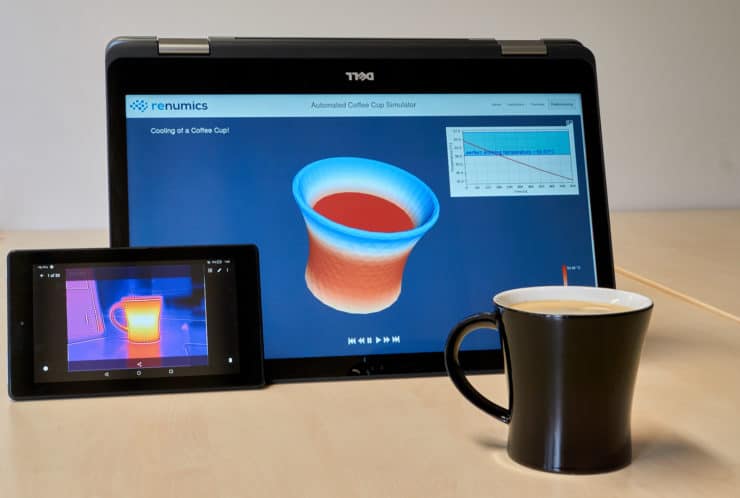
Lisa: What does your typical customer look like?
Stefan: Currently, we are focusing on companies that have experience with simulation teams of at least 10 engineers. These are typically large OEMs or suppliers in automotive or aerospace, but also some classic hidden champions in mechanical engineering and automation. In the future, our platform will make it possible to democratize powerful engineering tools for non-experts in the form of AI-powered engineering apps. At this point, we will extend our offering to medium-sized companies using a SaaS solution.
Lisa: With the explosion of digital transformation, disruptive models are constantly being championed as the only future for organizations. How do you contribute to disruption in your field, and how else do you think AI in Computer Aided Engineering (CAE) will evolve?
Stefan: Great mechanical engineers are at the heart of many products. It’s their knowledge and creativity that push the boundaries of technology. However, in practice a lot of time is spent on routine manual tasks instead of creative engineering. Furthermore, a typical process involves many different experts, and this incurs major overheads that slow down development cycles. With our platform, these experts can create application-specific engineering apps that automatically answer typical questions during product development such as Is the design safe? Is the product durable? or How much does it cost? These apps will serve as augmented intelligence for engineers; they will free them up from routine work and let them focus on creative tasks. This democratization of engineering tools will not only shorten development cycles, but also give rise to new business models based on automated engineering services. Instead of selling their time, engineering consultants can sell fully automated software tools to perform certain tasks. Companies who sell physical products can differentiate themselves by providing additional engineering know-how in the form of advanced digital companions or configurators.
Lisa: Thank you for the interview, Stefan!
Meet Renumics at the new.New Festival 2018 this fall, in Stuttgart!


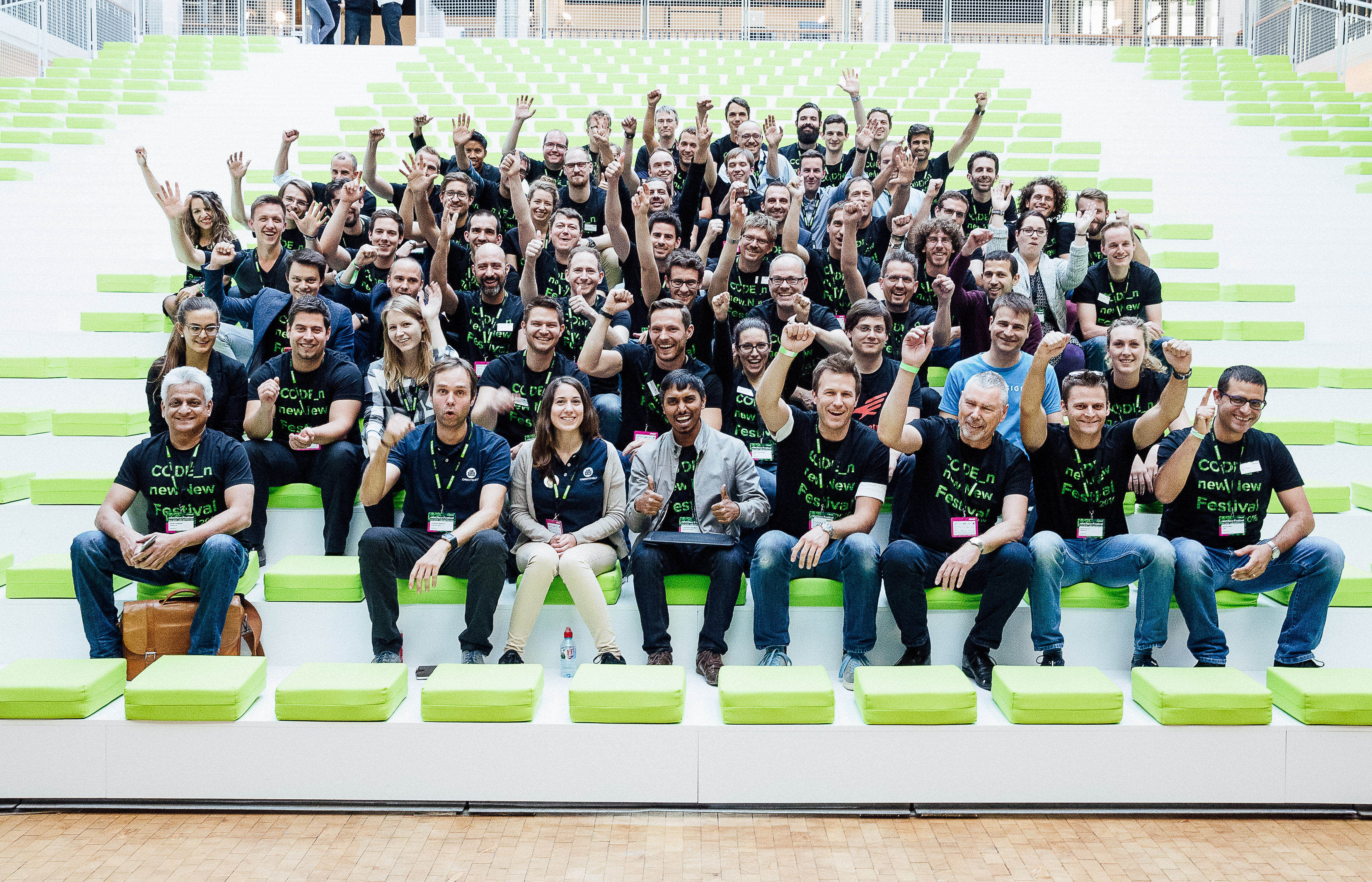

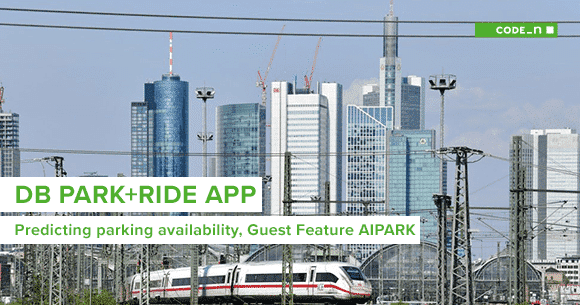
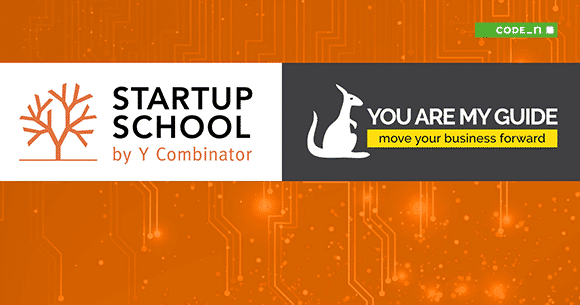
Write a comment